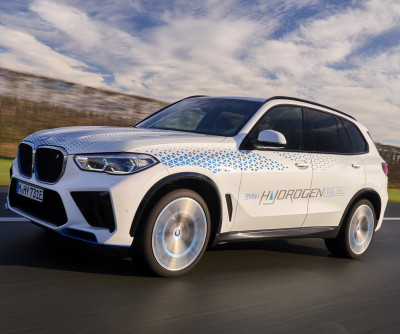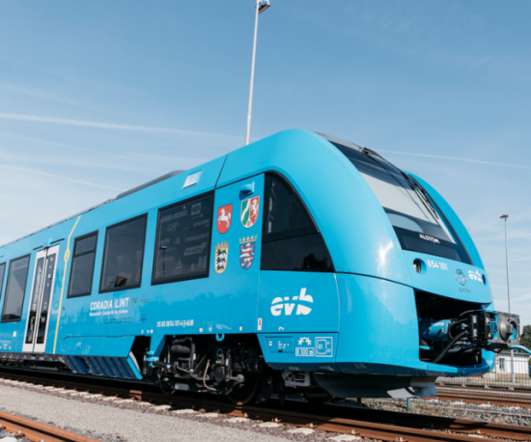BMW launching iX5 Hydrogen pilot fleet
Green Car Congress
FEBRUARY 28, 2023
The BMW Group presented the first BMW iX5 Hydrogen vehicles in a pilot fleet that will go into service this year. The fleet of less than 100 vehicles will then be employed internationally for demonstration and trial purposes for various target groups.












Let's personalize your content